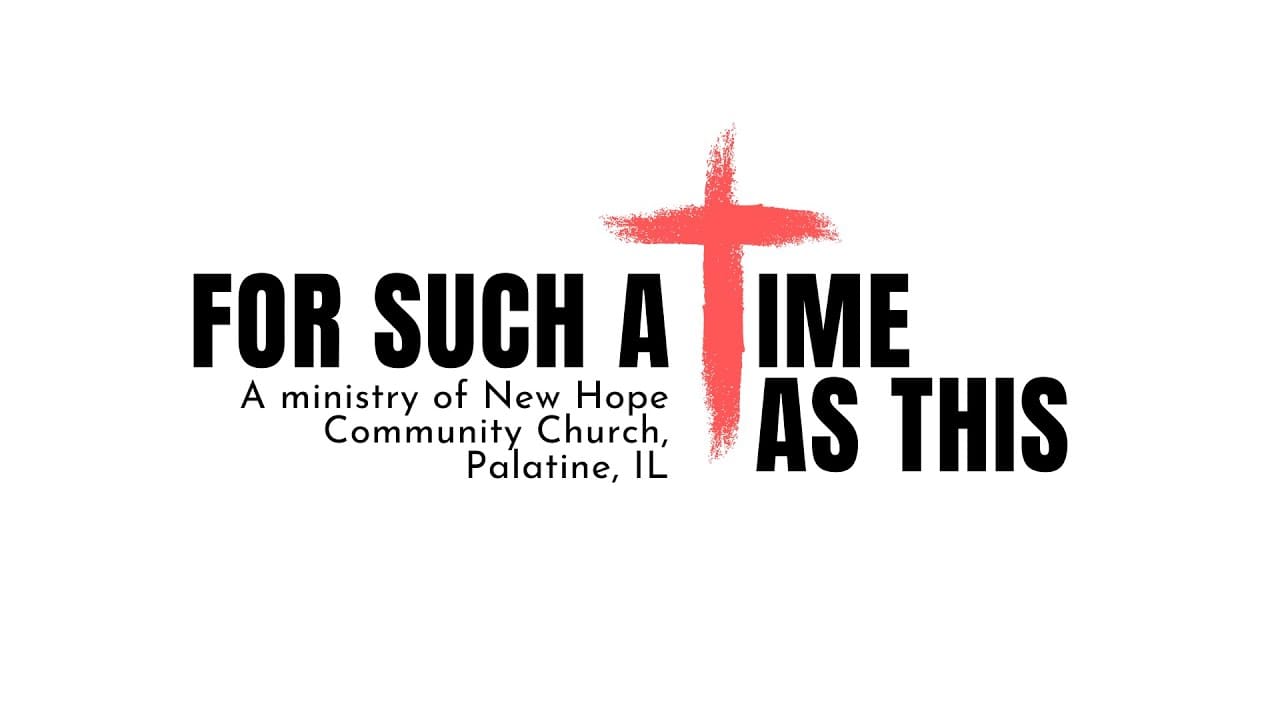Justice and Righteousness
Justice and righteousness are reflected in God’s character and actions. Because God is just and righteous, all that He is, does, and says reflect perfect justice and righteousness. This means our standard for justice must come from God’s word—not our feelings, not academics, and not our culture. Also, our standard of justice is based upon truths not on whims because God only operates on facts.
Hence, the Old Testament prophets proclaimed God’s judgment against sinners only when they disobeyed the Law of God—mistreatment of the poor, idolatry, and sexual immorality. Each time, they provided evidence of how Israel failed to obey God’s commandments. Justice required evidence. This is completely different from social justice today, where the basis for “justice” is feelings not facts. Social justice often attributes guilt at a group level based upon physical appearance. For example, a white man is assumed guilty of the sin of slavery because of the color of his skin. Does it matter that he has never had slaves? Does it matter that Jesus does not hold sins of ancestors against us? Not for social justice, but for justice, facts matter.
Mercy
Many words are used to describe mercy in the bible. In the Old Testament, mercy is connected to love, kindness, compassion, and pity. In the New Testament, it is an emotion that stirs in your guts when you see someone who is afflicted. According to Dr. Feinberg, “mercy is given specifically to those whose condition is miserable and one of great need.” Also, mercy is unearned, but freely given by the compassionate individual. The greatest example of mercy is portrayed on the cross. While we stood condemned and deserved the full wrath of God, Jesus had mercy on us and faced the full wrath for our sake. We were in a great need of a pardon, and God, in His compassion, provided such pardon through His Son. We did not earn God’s mercy, but He showed it to us because of His character.
Hence, as the forgiven people in Christ, we are called to be merciful. Because we have been shown the greatest mercy, we are to show mercy to others. This means we forgive people who hurt us; we give generously to people who need help. Mercy ministry in the church, therefore, consists of Christians helping those who are afflicted with spiritual, physical, emotional, or financial problems.
However, mercy cannot be confused with justice. In our fallen world, not every afflicted person is oppressed by another person, system, or party. Not every poor person is impoverished due to some injustice. This means, helping such a poor person is mercy, not justice—he receives help not because he deserved or earned it, but out of the mercy of the helper. Confusing those two has a great theological consequence as well: consider if God only operated on justice and not mercy. Justice would say we receive what we deserve—punishment for our sin, eternal damnation. Without the mercy of God, it would not be Jesus who hung on the cross for our sake, but it would have to be us. And where is the hope in that?
1 Deuteronomy 32:4.
2 Deuteronomy 24:16; Ezekiel 18:20; Jeremiah 31:29-30.
3 John Feinberg, No One Like Him (Wheaton, IL: Crossway, 2006), 359.


good stuff
This is truth. As a Christian lawyer, former University Instructor, Sunday School teacher for many years and counsel to some pastors and churches, this is “spot on.” God Bless you for your courage in speaking the truth! I hope to see additional work from you!
Thank you so much!
-IC